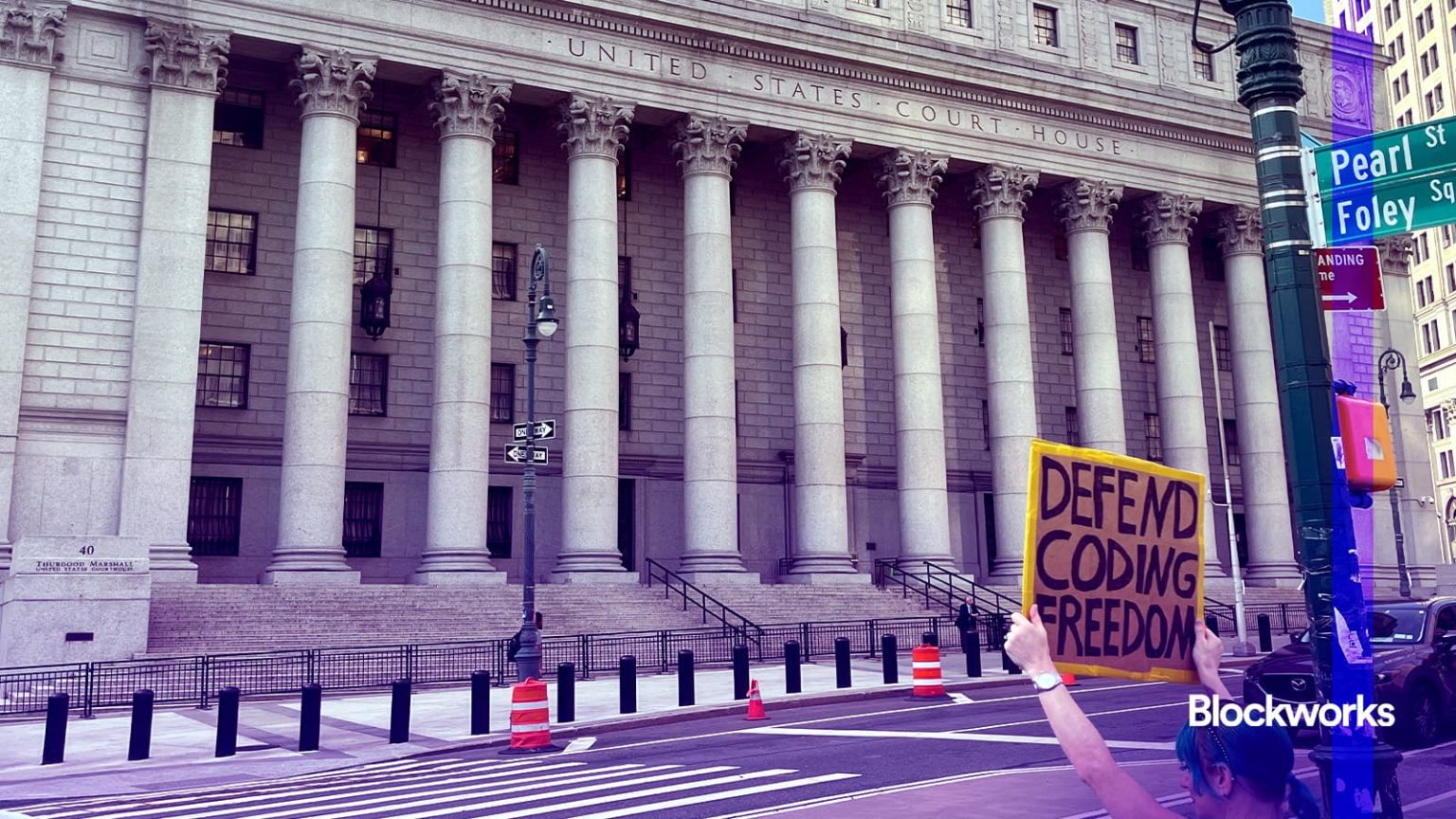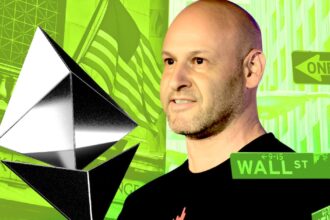Tornado Cash Trial Day Two Ends Without Testimony; Key Witness Testimonies Presented
Defendants’ attorney Brian Klein stated yesterday afternoon at the Thurgood Marshall courthouse in Manhattan that minimal further defense testimony would proceed after Roman Storm opted against the stand.
Storm faces charges of conspiracy to commit money laundering, conspiracy to violate U.S. sanctions, and conspiracy to operate an unlicensed money transmitting business related to Tornado Cash.
The defense argues Storm cannot be held criminally liable for the actions of bad actors exploiting the privacy-focused protocol he co-founded.
Closing arguments are tentatively scheduled to begin Wednesday at 9 a.m.
In the interim, testimony presented Tuesday by several witnesses and key developments are summarized:
Anthony Wu (a16z Crypto Partner)
Wu, who evaluated a potential investment in Tornado Cash for Andreessen Horowitz, sent an email to Storm expressing “impression” and “excitement” for its privacy features in 2021.
He cited uncertainty regarding profitability as a reason for not investing.
When asked about the commission of crimes via blockchain, Wu compared privacy to tools like a store being robbed, stating, “I wouldn’t say the store was used in the crime.” His answer was noted by the prosecution.
Omid Malekan (Columbia Business School Professor)
Malekan testified briefly, having used Tornado Cash in 2021 to purchase an ENS name for privacy reasons.
During cross-examination, Storm’s attorney Ben Arad lodged an objection to Malekan’s explanation.
Dorothy Hurder (Prysm Group Economist & Expert Witness)
Billing at up to $120,000, Hurder analyzed Tornado Cash’s governance (“well-designed and active DAO”) and decentralized relayer registry.
She countered prosecution arguments on decentralization, noting the DAO treasury held 55% initial tokens and founders held non-controlling influence over proposals.
Despite her testimony, the government successfully cross-examined Hurder, citing the use of Tornado Cash in dark market activities. Hurder avoided binary answers, stating: “The distribution of tokens became less centralized. Yes.”
Matthew Green (Johns Hopkins Computer Science Professor)
Green, creator of Zerocash and blockchain privacy advocate, described the lack of privacy (“a huge bug”) essential for institutions and individuals.
Tried to engage with the complex hypothetical of a user registry raised earlier suggested by Philip Werlau, but the questioning format prevented reaching a technical resolution.
During testimony, an audience member behind the reporting witness appeared to fall asleep, drawing a brief aside between prosecutor and judge.
The Tornado Cash trial, which highlights the ongoing tension between cryptocurrency privacy rights and government financial regulations, continues towards its potential conclusion.












